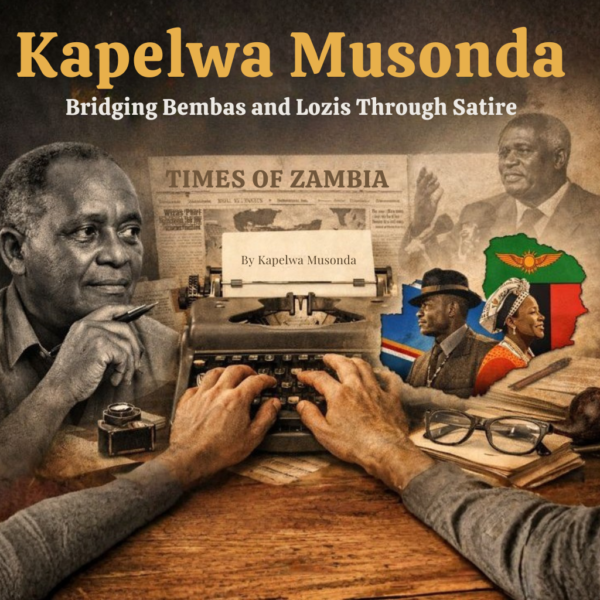
No one embodies the spirit of the modern Olympic Games more than a group of children in a Zambian village. Their faces are a picture of sheer pleasure. Outsiders are welcome to join in without a moment’s hesitation. Games are played in a spirit of friendship and fair play.
The original Greek games were mythically associated with religious rituals involving human sacrifice and cannibalism (this led to the Olympic Games being banned in 393 A.D. by emperor Theodosius I who decreed that all pagan practices be terminated). Modern Olympics date back to French revival efforts in 1786 and following Greek Independence from the Ottoman Empire in 1821.
“Olympism is a philosophy of life, exalting and combining in a balanced whole the
qualities of body, will and mind. Blending sport with culture and education, Olympism
seeks to create a way of life based on the joy of effort, the educational value of good
example, social responsibility and respect for universal fundamental ethical principles”
(Fundamental Principles of Olympism – http://www.olympic.org/Documents/olympic_charter_en.pdf)
Children have all the fun. When you compare the number of games played by adult men and women against the number of games played by children, the list of children’s games is much longer. Children display a fertility of imagination that allows them to immerse themselves in virtual reality without the need for high tech gadgets. Clay can be moulded into any appliance, an anthill becomes a thrilling roller coaster ride, a can and piece of wood just needs a few strings to make a banjo, a curved tree branch transforms into a futuristic 500 bhp, 300mph Dodge Tomahawk motor bike, a cardboard box becomes a luxury coach, and an old car tyre becomes a 4×4 off roader vehicle. The only limit is the imagination.
Children playing on Kitwe streets mix different aspects from the games they learn from their friends from other lands. The language they use and games they play are a unique blend. The games are known by different names in different parts of the country.
“Icimpombwa” is a ball game made by rolling plastic bags or cloth and tying it up using string to make a football.
To differentiate the two opposing teams, one team simply strip their shirts off. The shirts are used to mark the two goal posts on either side. There are no football boots required. Children play for hours with all the excitement of a game between Manchester United and Manchester City.
“Ubwambe” is a free range game played in an open field. One person starts by chasing any member of the group to touch them on any part of the body. The chaser will shout “Bobe” (It’s yours) and run away as fast as they can. It is that player’s turn to then run until he or she can pass “the touch” on to the another player. There is a lot of running, dodging and screaming involved.
Most of these and other games are so energetic that at the end of the day, when children sit to eat their meal, it is not uncommon to see them doze off before swallowing a mouthful of food. After a full night’s sleep, however, they are recharged for another exhilarating day. For them, taking part in the games is a part of their daily life. It is about participation and deriving fun from each moment. Some children in Zambia do have access to modern electronic games, but a lot of them have a full day of fun using their imagination and locally available resources. While they play, they are developing their motor skills, memory, endurance and team play. Children in full play will make any Olympian proud.
_______________
Do you remember the sort of games you used to play as a child? Share your experiences and comments below.



We used to play chidunune, I think the english version is hide and seek, but was played slightly different. It was so much fun.
Games are Lily nace. keep it up .fantastic .
Great piece.
In western part of Zambia we used play Muyato(chiyato) touch and demama…lol